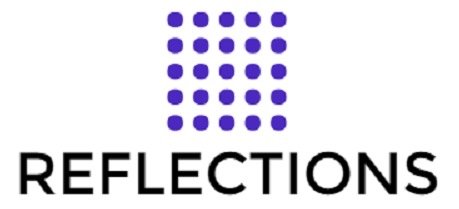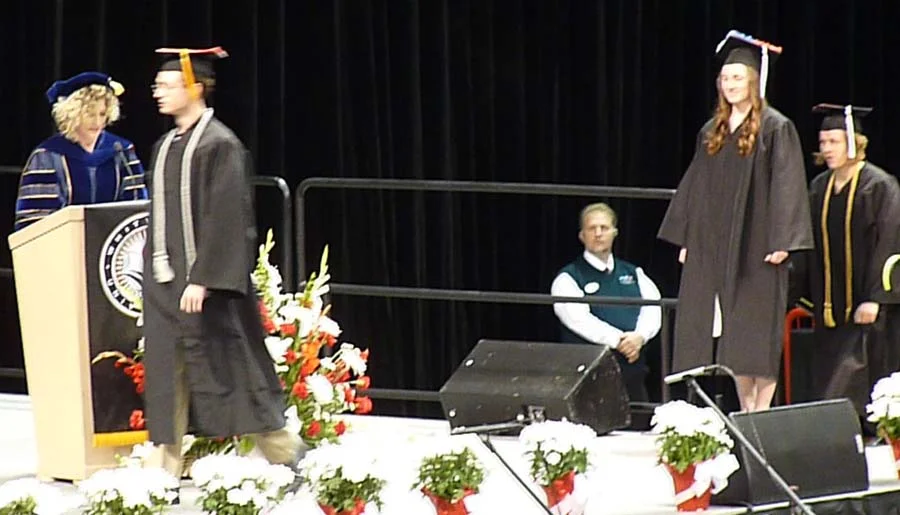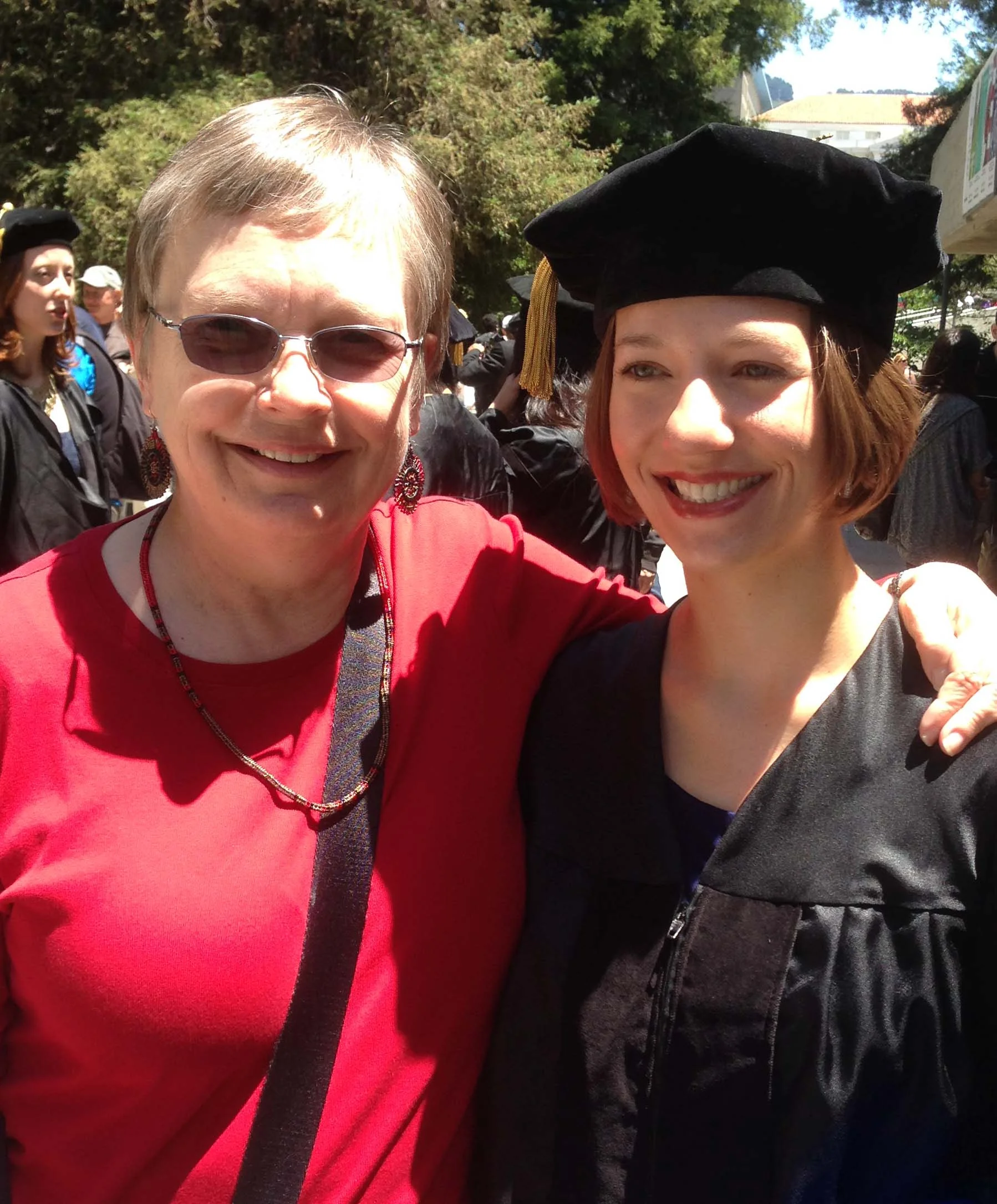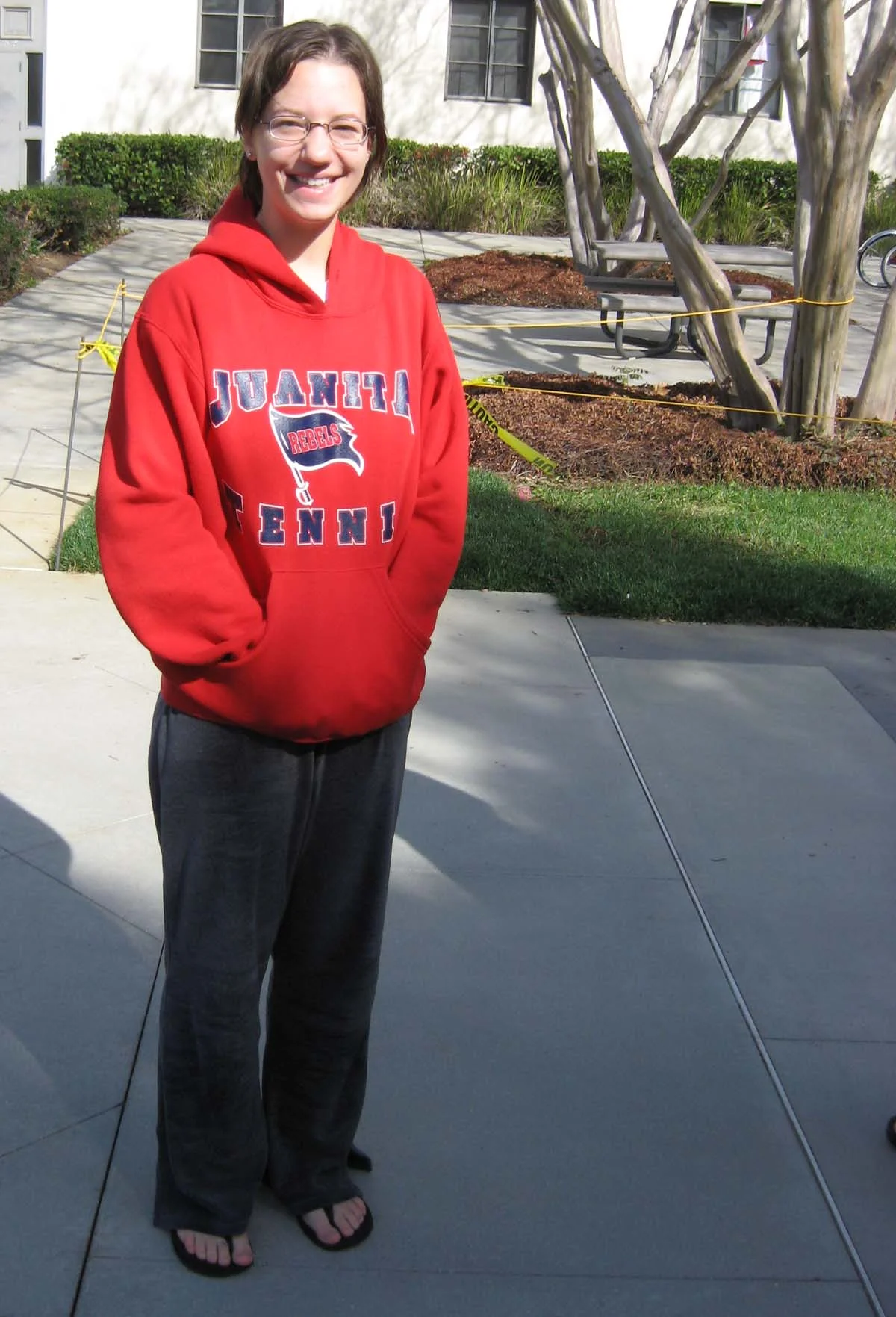Is Admissions Cheating a "Big Deal"?
Whitworth College Graduation
Is cheating in the college admissions process a “big deal” or just one more example of life in a society that favors the rich and powerful? When the news hit about the U.S. Attorney indictments of parents, coaches, college administrators and others who accepted or paid bribes to increase the chances of certain students being accepted at prestigious colleges and universities, I was outraged. I was and still am pleased that our government is taking enforcement action against persons who undermine the integrity of our system of higher education.
When I went online to learn more about the charges and to see the reactions in social media, I was surprised how many of the comments suggested that the news of the cheaters was not a surprise because these practices had gone on for years and were tolerated behaviors, apparently in the belief that it was human nature to cheat and there are more important priorities for government.
As I looked at the experiences of my own family members, I was pleased to acknowledge that, as far as I know, no one cheated to obtain college admission or financial aid. Furthermore, we had not utilized the legal advantages that are available to those willing and able to pay the price: SAT prep classes, admission coaching by paid consultants, or work experience provided by family or friends who were able to create employment or volunteer opportunities.
Just as I was feeling proud of the educational achievements of my family members, I began to realize that “fairness” is relative. While we may not have cheated or been coddled or coached, our family members had advantages not available to everyone in our communities:
1. A belief in the value and importance of education. I remember meeting other students in college who claimed to only be there because of pressure by their parents to attend a certain school. I’ve met other young people who didn’t aspire to higher education because their parents did not think it was important and they were eager to get a quick paycheck to pay for a car or an apartment away from their parents.
2. Discretionary income that allowed for savings. My parents and grandparents were always of modest income, but they lived within their means and always maintained a savings plan. As a result, there was money to pay for my education and to help pay for the expenses of their grandchildren. When I got to college I was shocked to observe how many students, from families obviously wealthier than mine, were receiving financial aid, while I wasn’t.
3. Majority race. Like most Americans with white skin, I haven’t had to give much thought to whether my appearance would make me feel I belonged on a college campus or in a workplace. Diversity training programs, books I’ve read, and conversations with friends have made me realize that my skin color has provided an unrecognized advantage in many settings. It’s called “white privilege.”
4. Summer housing and food. I had the luxury of attending summer school, participating in low-paid summer jobs, and traveling internationally during vacations. Students on tight incomes, with parents who may need them to help the family or earn money during the summer, or those with no permanent home do not have that advantage.
5. Good high school education. Because my parents valued education, they chose a community to live in (Mercer Island, WA) which had a reputation for quality schools. Their financial resources enabled them to make that choice. It’s my understanding that the academic reputation of a high school will affect the weighting a college gives to high school grades in the admission process. My high school classes also enabled me to exempt out of certain introductory courses in college, something that might have been unlikely if I had come from a school in a poorer neighborhood. In the case of my kids, their high school experiences, one from a private school (Charles Wright) and one from a public school (Juanita High School) enabled them to also be exempted from certain classes and, in a few cases, to gain advance credits, which my son utilized to graduate a semester early.
6. College grad to model. While two of my grandparents left school after 8th grade, they had encouraged my mother to attend college (University of Oregon). While my mother’s career was mostly as a parent, homemaker, and community volunteer, she did work for a few years as a secretary. My dad wanted to attend college but his family situation did not make that possible. I grew up in a home environment in which it was assumed my brother and I would attend college. No other option was even considered.
7. High school and college counselors. At Mercer Island High School my assigned counselor encouraged me to consider colleges with high academic standing, all across the country. There was a bit of a crisis in my family when the school I wanted to attend was much more expensive and further away than my parents thought was reasonable. The counselor requested my parents come to school for an appointment with her. I don’t know what exactly happened, but my parents came away with a willingness to help me attend the school I had chosen. They didn’t do this enthusiastically. I think the counselor made them feel they had a duty to help me achieve my potential, even if it seemed foolish to them to spend so much money in the process. Further conflicts over money for education occurred in the coming years, but all got worked out. It was a counselor in the Carleton College Placement office who encouraged me to go to grad school and helped me understand what I needed to do to accomplish that. By the time I attended law school at the University of Chicago, I’d had a campus job, a small scholarship and loans.
8. Snowball effect. While I had one parent who had attended a nearby state university, my children had two parents who both had attended private selective colleges and a private university for graduate degrees. My kids did not have to beg for money for college or worry about whether we’d let them attend school away from home. To them, having a “college fund” was normal, as was the possibility of attending graduate school.
Juanita High School grad at Pomona College
Honesty in education is important – to ensure fairness, to reward hard work and achievement, to keep hope alive and to maintain the integrity of society as a whole. However, honesty and lack of fraud are not enough. Financial assistance, quality public schools, remedial programs and appropriate counseling and coaching are all essential ingredients if we truly value our system of higher education as a means to overcome other disadvantages in life. Carleton College is currently engaged in a large fund drive. The portion which I am especially eager to support is increased financial aid for needy students, as well as funding for internships and off-campus study. Please join me in applauding the efforts of the U.S. Attorney in prosecuting education-related crime, but also please do what you can to make higher education a realistic option for students from all economic and ethnic backgrounds.
Whitworth grads decorate their mortarboards
References:
White Privilege and the College Admissions Scandal– U.S. News
Who Got Charged in the College Admissions Cheating Scandal– SF Chronicle
White Fragility– Author: Robin DiAngelo, Publisher: Beacon Press
How U.S. News College Rankings Promote Economic Inequality on Campus– Politico
Mobility Report Cards: The Role of Colleges in Intergenerational Mobility– Opportunity Insights
Carolyn Hayek proudly wearing her Northwestern University Mom shirt






